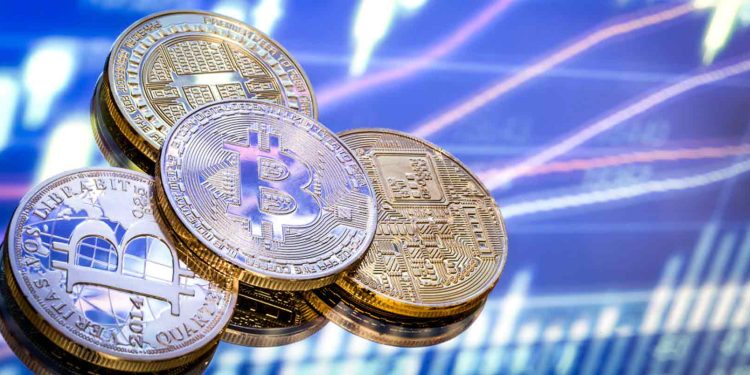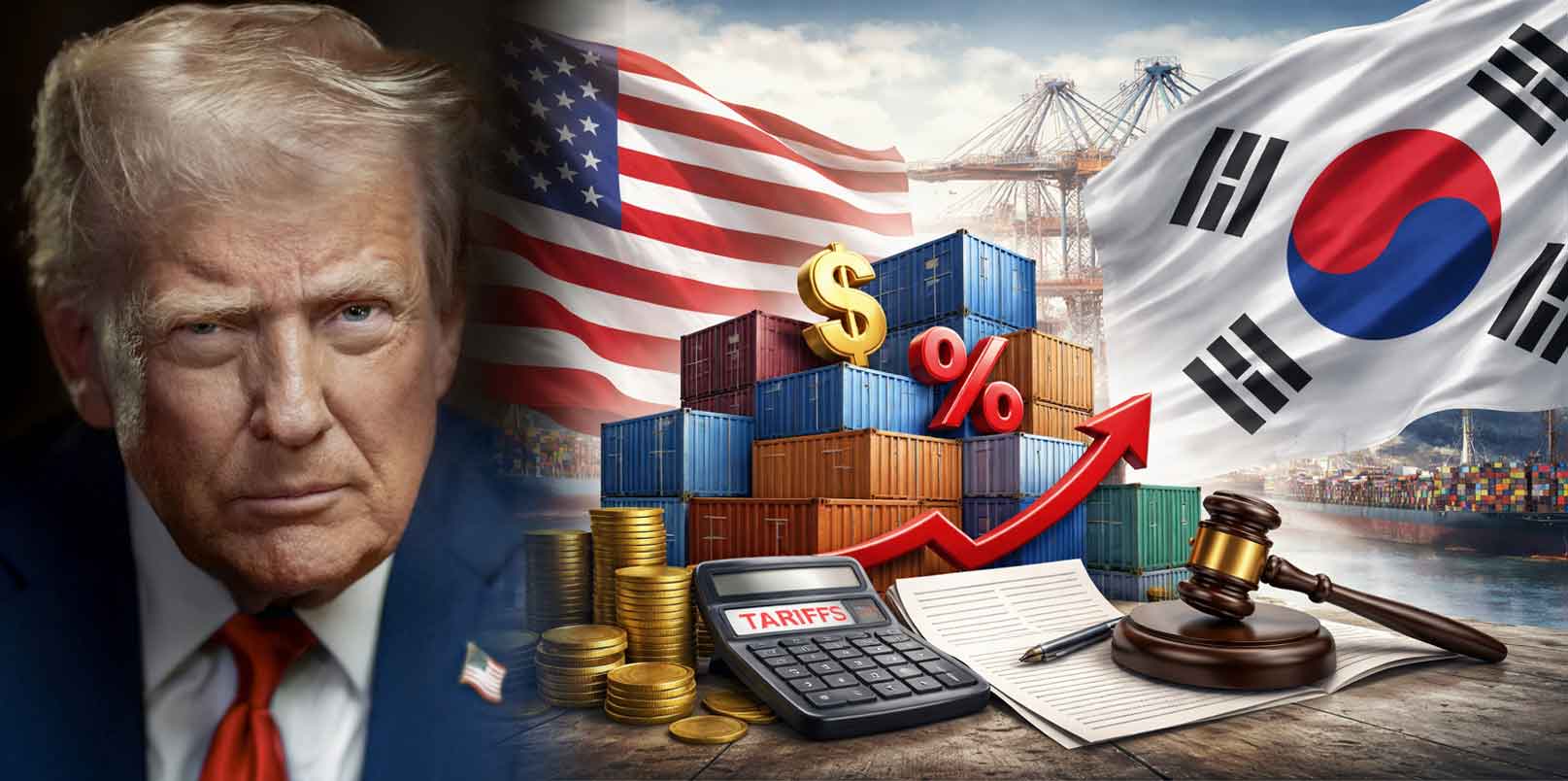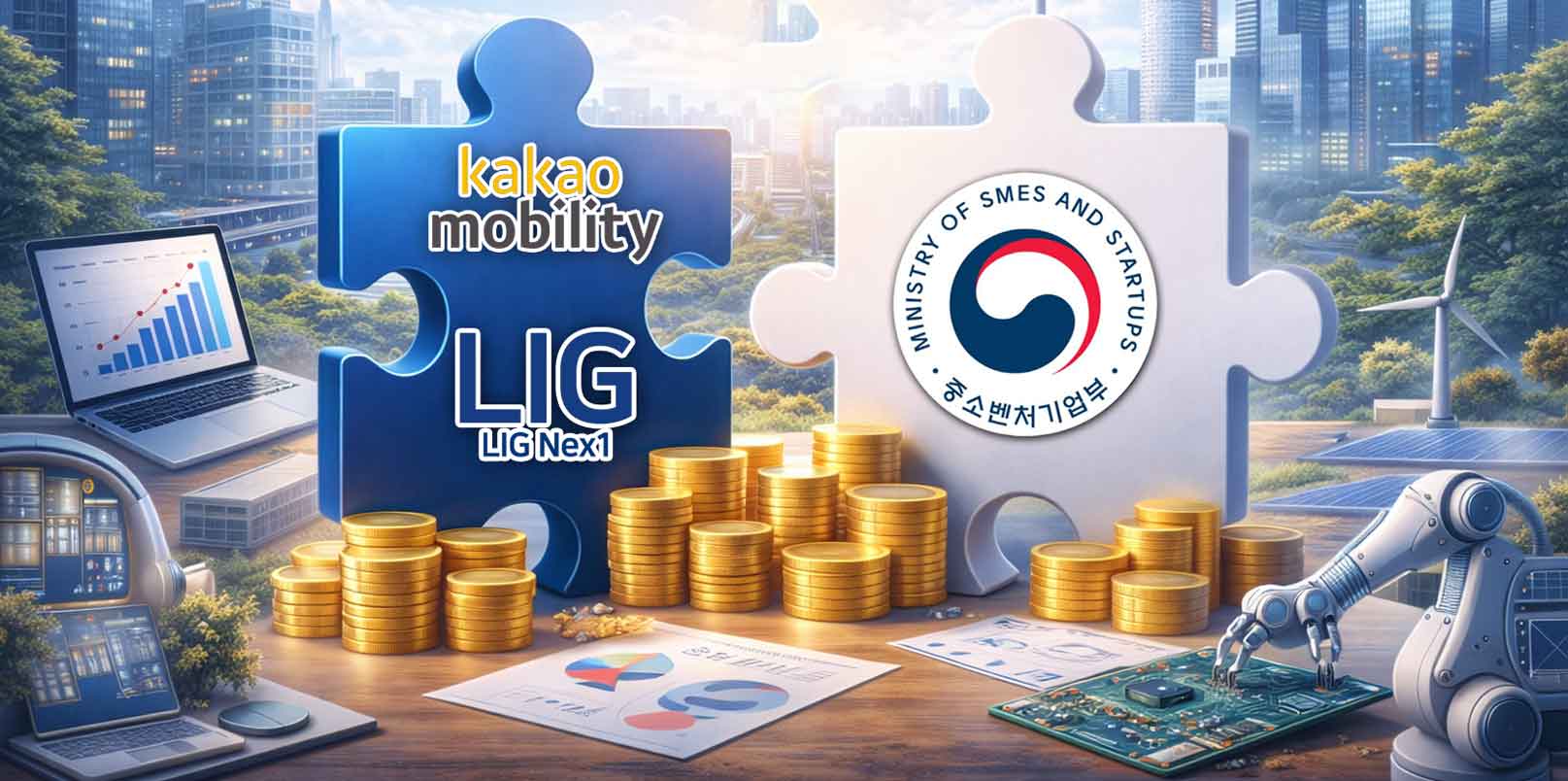South Korea has lifted a seven-year restriction that excluded virtual asset trading and brokerage businesses from being recognized as venture firms. This policy shift signals Seoul’s intention to align its startup policies with global market realities, paving the way for blockchain and deep tech sectors to play a larger role in Korea’s innovation economy. For founders and investors, it opens a door to new opportunities in one of Asia’s most regulated digital asset markets.
Government Approves Enforcement Decree Revision on Virtual Asset Firms
On September 9, the Ministry of SMEs and Startups (MSS) confirmed that the Cabinet approved a partial amendment to the Enforcement Decree of the Special Act on Fostering Venture Businesses.
The amendment removes virtual asset (cryptocurrency) trading and brokerage from the list of restricted industries. Beginning September 16, companies in these sectors will be able to apply for venture certification under the same conditions as other innovative firms.
Background: From 2018 Restrictions to Global Market Shifts
The restriction was first imposed in October 2018 amid speculative overheating and public concern. At the time, crypto businesses were categorized alongside nightlife and gambling — a decision widely criticized by industry stakeholders as damaging to Korea’s competitiveness.
Since then, both global and domestic conditions have shifted. In the United States, the SEC approved Bitcoin spot ETFs in 2024, and the GENIUS Act introduced comprehensive stablecoin regulation in 2025. Major exchanges and issuers such as Coinbase, Gemini, Circle, and Bullish have sought or achieved listings on Nasdaq and the NYSE, reflecting mainstream recognition of digital assets.
Korea has followed with progressive regulation. A licensing regime for virtual asset service providers was introduced in 2021, and the Virtual Asset User Protection Act took effect in July 2025, mandating deposit protection, transaction record retention, and bans on unfair trading. These measures helped mature the domestic framework and address earlier concerns.
Aligning with Global Virtual Asset Trends
The decision reflects both the rising global status of the digital asset sector and Korea’s maturing regulatory environment. For years, industry and academic experts argued that grouping virtual asset firms with nightlife and gambling businesses not only ran counter to international developments but also weakened Korea’s ability to compete for fintech and blockchain talent.
By lifting the restriction, MSS aims to provide promising blockchain and crypto startups with equal footing in venture certification — a change that could unlock financing, attract risk capital, and expand access to support programs.
Han Seong-sook, Minister of SMEs and Startups, stated:
“This regulatory reform is designed to align Korea with global trends in digital assets and to secure future growth engines. We will concentrate policy efforts on fostering a transparent and responsible ecosystem that allows venture capital to flow smoothly and supports the growth of new industries.”
Unlocking Access to More Venture Opportunities
The removal of restrictions allows promising crypto and blockchain startups to pursue venture certification, unlocking access to incentives, financing, and support programs previously unavailable. This positions Korea to become a more attractive hub for digital asset innovation at a time when Asia-Pacific markets are intensifying competition for fintech and blockchain talent.
The policy shift also signals a turning point for Korea’s startup ecosystem, moving the government’s stance from risk aversion to growth-oriented opportunity. By lifting restrictions, blockchain, cybersecurity, and other digital asset technologies are now placed on par with strategic deep-tech priorities such as biotech, AI, and semiconductors.
For global founders and investors, the decision opens clearer pathways into Korea’s regulated market, where state-backed initiatives like TIPS and the K-Startup Grand Challenge could now extend their reach to blockchain-driven ventures.
Empowering Korea’s Position as Deep-Tech Investment Hub
Ultimately, lifting the venture ban on crypto firms brings Korea’s startup policy in line with international standards and signals a long-term commitment to integrating digital assets into its innovation economy.
The change not only opens new channels for global venture capital to enter Korea’s regulated market but also reinforces the country’s ambition to remain a leading hub for deep-tech investment in the Asia-Pacific.
This marks a shift in government recognition, treating virtual assets not just as financial risk but as a field of technological competitiveness, while giving blockchain-focused startups a formal pathway to scale solutions under the venture framework — a shift that could accelerate growth at home and extend their reach abroad.
🤝 Looking to connect with verified Korean companies building globally?
Explore curated company profiles and request direct introductions through beSUCCESS Connect.
– Stay Ahead in Korea’s Startup Scene –
Get real-time insights, funding updates, and policy shifts shaping Korea’s innovation ecosystem.
➡️ Follow KoreaTechDesk on LinkedIn, X (Twitter), Threads, Bluesky, Telegram, Facebook, and WhatsApp Channel.






